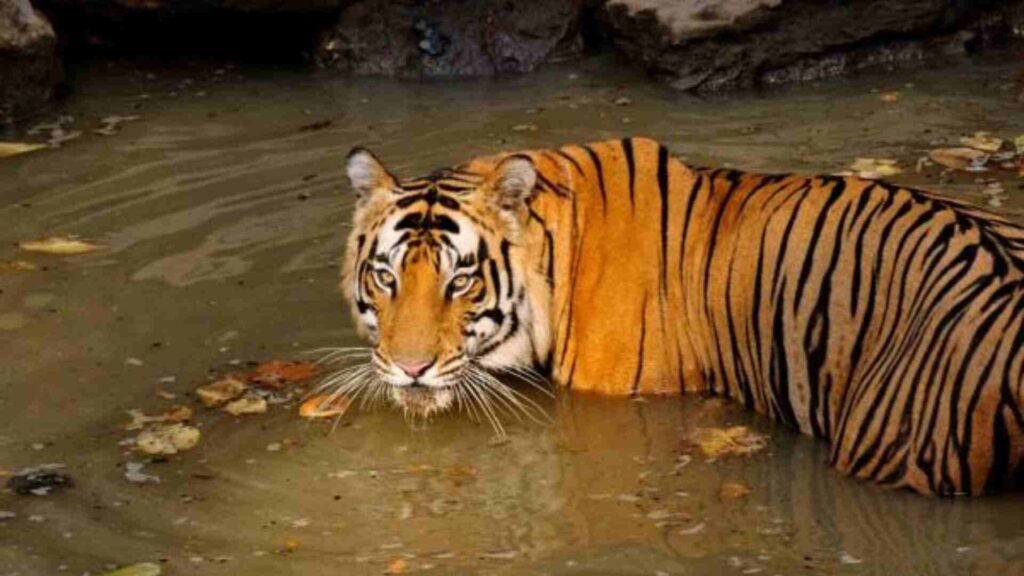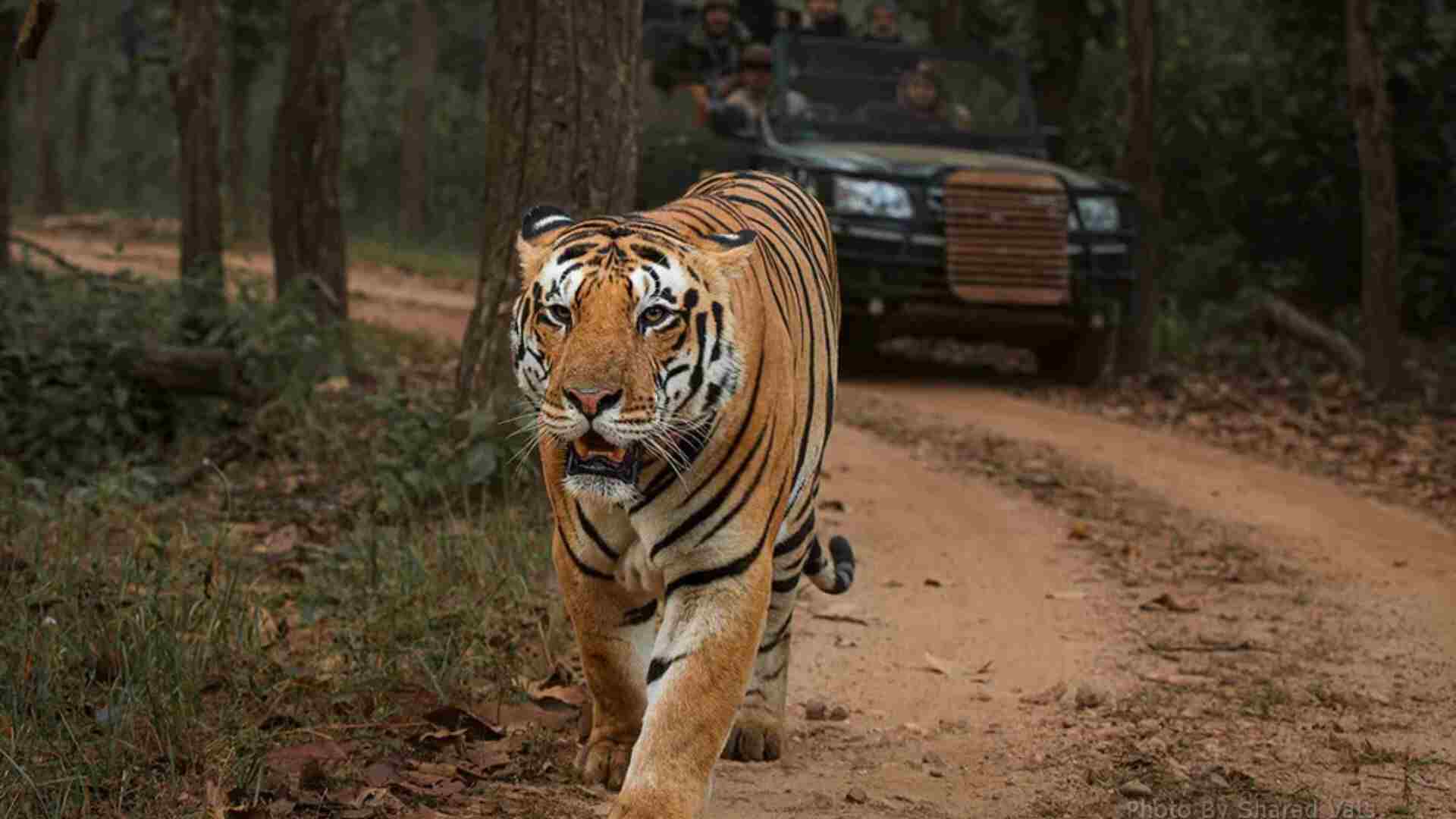The Significance of International Tiger Day
International Tiger Day was established at the 2010 Saint Petersburg Tiger Summit, with the goal of doubling the global tiger population by 2022. Despite these efforts, tigers continue to face significant threats from habitat loss, poaching, and human-wildlife conflict. By participating in tiger safaris, tourists can contribute to local economies and conservation initiatives, helping to ensure the survival of these iconic animals.

Top Safari Destinations In Indi
Top Safari Destinations for Tiger Spotting in India
1. Ranthambore National Park, Rajasthan
Ranthambore is one of the most famous tiger reserves in India, known for its high density of tigers and stunning landscapes that include ancient ruins and lakes. Jeep safaris are popular here, especially during the warmer months from March to June, when tigers are often seen near waterholes.
2. Bandhavgarh National Park, Madhya Pradesh
With the highest density of tigers in India, Bandhavgarh offers excellent opportunities for sightings. The park’s diverse terrain includes open grasslands and dense forests, making it a prime location for wildlife enthusiasts. Jeep safaris allow visitors to explore the park’s rich biodiversity, particularly from April to June.
3. Kanha National Park, Madhya Pradesh
Kanha is renowned for its picturesque landscapes and successful conservation efforts. It inspired Rudyard Kipling’s “The Jungle Book” and offers jeep safaris that provide great visibility for spotting tigers, especially between February and April.
4. Jim Corbett National Park, Uttarakhand
As the oldest national park in India, Jim Corbett is a pioneer in tiger conservation. Its varied terrain supports a diverse range of wildlife, and jeep safaris are available to explore the park’s different zones, particularly from March to June.
5. Tadoba Andhari Tiger Reserve, Maharashtra
Tadoba has gained popularity for its tiger sightings in recent years, featuring a mix of dense forests and open grasslands. The best time for sightings is from March to June, with jeep safaris focusing on areas near Tadoba Lake.























